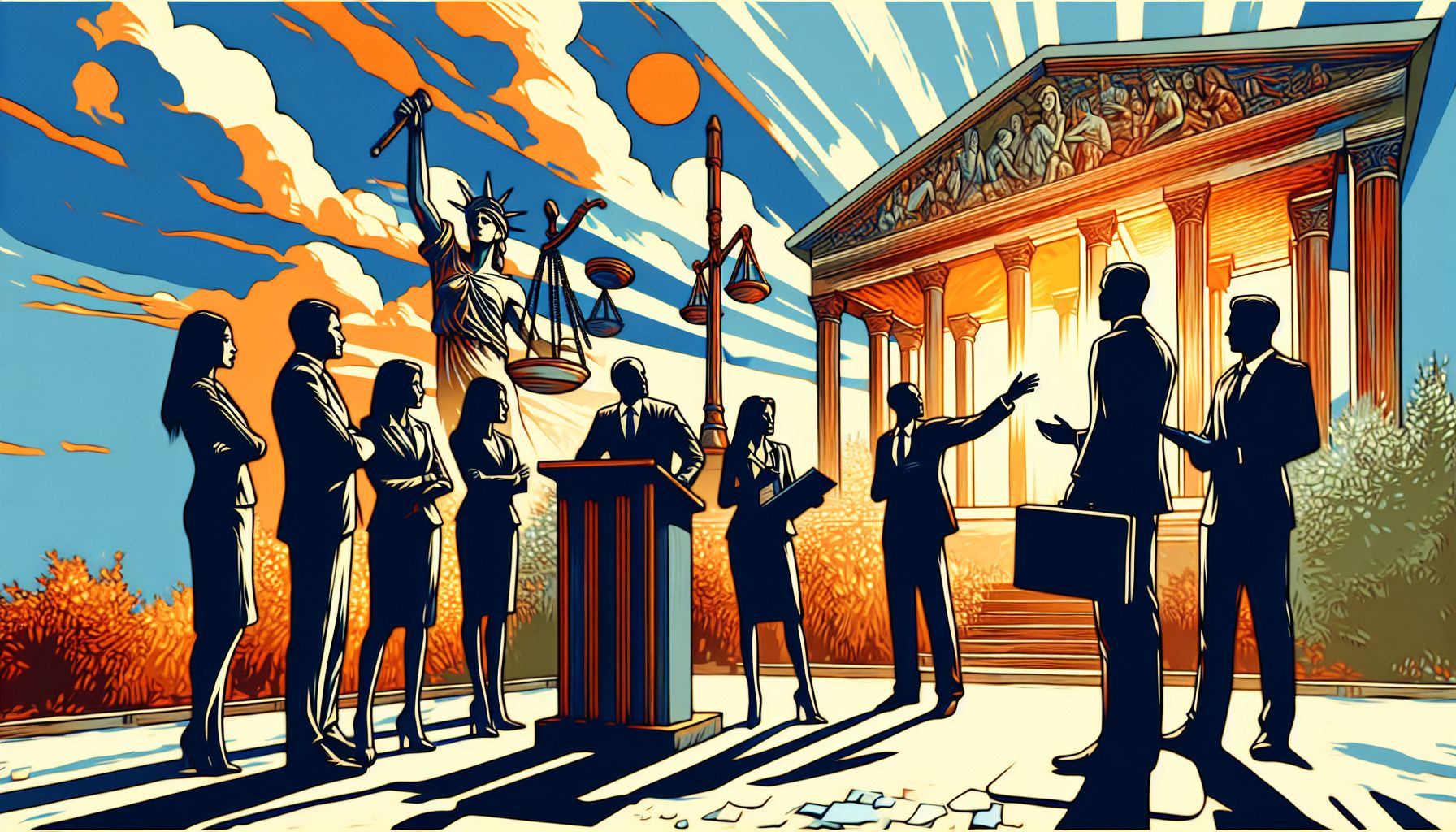Far-Right Groups Pressure US Supreme Court to Shield Fossil Fuel Companies

Far-right allies linked to billionaire Leonard Leo are urging the US Supreme Court to protect fossil fuel companies from costly litigation, a move that could have significant repercussions.
The Push for Supreme Court Intervention
Groups connected to billionaire Leonard Leo, who has significant influence over the US Supreme Court, are pushing for the court to dismiss lawsuits against major oil companies. These lawsuits, filed by cities like Honolulu and supported by over 40 other municipalities, allege that these companies misled the public about the dangers of fossil fuels. The potential financial burden from these cases could reach billions of dollars for the defendants, including Chevron, ExxonMobil, and other big oil companies.
Unprecedented Political Campaign
This campaign is being described by experts as unprecedented. Patrick Parenteau, a professor at Vermont Law School, stated, ‘I have never, ever seen this kind of overt political campaign to influence the court like this.’ This sentiment is echoed by other legal experts and observers who note the aggressive media and legal strategies being employed to sway the court’s decision. The pressure is not just coming from the legal teams but also from political allies and funded campaigns.
Legal and Political Strategies
The legal argument presented by the fossil fuel companies hinges on the jurisdiction of these cases. They contend that climate change lawsuits should be handled at the federal level rather than by state courts, as these cases involve complex national and global issues. The Hawaii Supreme Court allowed the Honolulu lawsuit to proceed, but the oil companies have petitioned the US Supreme Court to dismiss it, arguing that federal jurisdiction is more appropriate. This petition is currently under consideration by the justices, and its outcome could set a significant precedent for future climate litigation.
The Role of Investor-State Dispute Settlement (ISDS)
Parallel to this, there’s a growing scrutiny of the Investor-State Dispute Settlement (ISDS) mechanism, which allows corporations to sue governments if their profits are threatened by regulations. This tool, rooted in colonialism, heavily favors corporate power over democratic governance. ISDS tribunals can be particularly problematic for climate action, as they can impose immense financial penalties on governments that implement policies to reduce carbon emissions. Critics argue that mechanisms like ISDS enable fossil fuel companies to maintain their global dominance by penalizing countries for adopting green energy initiatives.
Implications for Climate Accountability
The implications of the Supreme Court’s potential decision are vast. If the court sides with the fossil fuel companies, many climate accountability lawsuits could be dismissed, significantly weakening efforts to hold these corporations responsible for their role in climate change. This could also embolden other industries to seek similar protections, undermining public interest regulations across various sectors. On the other hand, if the court allows these lawsuits to proceed, it could pave the way for more rigorous accountability and possibly significant financial reparations from the fossil fuel industry to affected communities.
UN’s Stance on Fossil Fuel Advertising
Adding to the urgency, UN Secretary General Antonio Guterres has called for a ban on fossil fuel advertising, drawing parallels with restrictions on tobacco advertising due to its public health impact. Guterres warned of a ‘climate hell’ if global warming is not curtailed and urged countries to take collective action. His strong statements underscore the global consensus on the need for drastic measures to combat climate change, contrasting sharply with the efforts to shield fossil fuel companies from legal accountability.
Conclusion
As the US Supreme Court deliberates on the fossil fuel companies’ petition, the stakes are incredibly high. The decision could either reinforce the accountability mechanisms aimed at curbing climate change or significantly hinder them, depending on the outcome. This situation highlights the complex interplay between legal, political, and corporate forces in the ongoing battle over climate policy and corporate responsibility.

